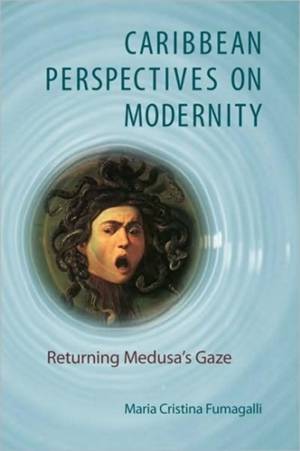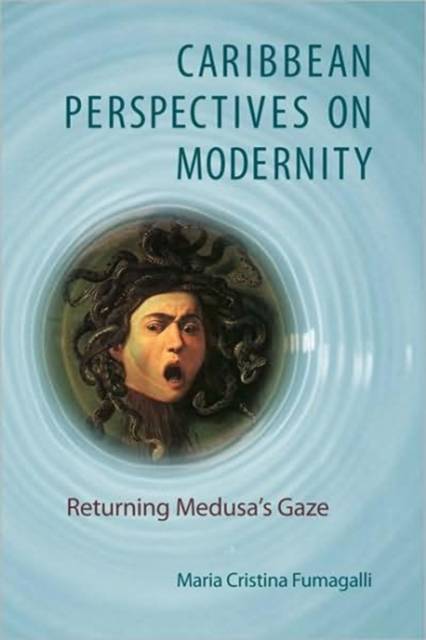
- Retrait gratuit dans votre magasin Club
- 7.000.000 titres dans notre catalogue
- Payer en toute sécurité
- Toujours un magasin près de chez vous
- Retrait gratuit dans votre magasin Club
- 7.000.0000 titres dans notre catalogue
- Payer en toute sécurité
- Toujours un magasin près de chez vous
Description
Taking up the challenge of redefining modernity from a Caribbean perspective instead of assuming that the North Atlantic view of modernity is universal, Maria Cristina Fumagalli shows how the Caribbean's contributions to the modern world not only provide a more accurate account of the past but also have the potential to change the way in which we imagine the future. Fumagalli uses the myth of Medusa's gaze turning people into stone to describe the way North Atlantic modernity freezes its "others" into a state of perpetual backwardness that produces an ethnocentric narrative based on homogenization, vilification, and disempowerment that actively ignores what fails to conform to the story it wants to tell about itself. In analyzing narratives of modernity that originate in the Caribbean, the author explores the region's refusal to succumb to Medusa's spell and highlights its strategies to outstare the Gorgon.
Reflecting a diversity of texts, genres, and media, the chapters focus on sixteenth-century engravings and paintings from the Netherlands and Italy, a scientific romance produced at the turn of the twentieth century by the king of the Caribbean island Redonda, contemporary collections of poetry from the anglophone Caribbean, a historical novel by the Guadeloupean writer Maryse Condé, a Latin epic, a Homeric hymn, ancient Egyptian rites, fairy tales, romances from England and Jamaica, a long narrative poem by the Nobel Prize winner Derek Walcott, and paintings by artists from Europe and the Americas spanning the seventeenth century to the present. Caribbean Perspectives on Modernity offers an original and creative contribution to what it means to be modern.
Spécifications
Parties prenantes
- Auteur(s) :
- Editeur:
Contenu
- Nombre de pages :
- 216
- Langue:
- Anglais
- Collection :
Caractéristiques
- EAN:
- 9780813928579
- Date de parution :
- 02-11-09
- Format:
- Livre relié
- Format numérique:
- Genaaid
- Dimensions :
- 152 mm x 229 mm
- Poids :
- 408 g

Les avis
Nous publions uniquement les avis qui respectent les conditions requises. Consultez nos conditions pour les avis.






